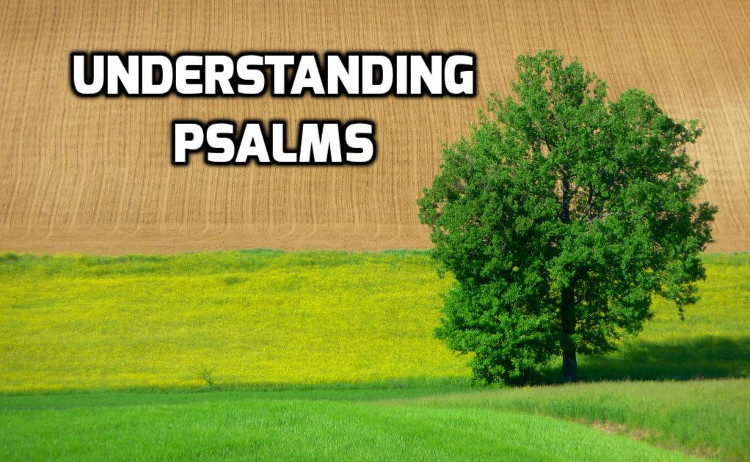
Psalm 107 The Lord delivers us from manifold troubles
Lecture notes for Psalm 107 The Lord delivers us from manifold troubles

Lecture notes for Psalm 107 The Lord delivers us from manifold troubles

Lecture notes for Psalm 109 which is used by Peter to describe Judas in Acts 2:16-20: “the Scriptures had to be fulfilled, which the Holy Spirit foretold by the mouth of David concerning Judas”

Lecture Notes for Psalm 49

Psalm 73 The end of the wicked contrasted with the end of the righteous.

The audio recording of this presentation was lost. Below is a compilation of notes from those who attended.

How to study and understand the psalms plus examples of specific psalms.

Lecture notes for Sharing the Psalms by Ed Scully. Tips for polishing your presentation.

The key to understanding Hebrew poetry is knowing that the “rhyme” of ideas is more important than the sounds. This “rhyming” of ideas is called parallelism.

What can the story of a coal miner’s kid trying to build rockets teach us about Bible Study and Psalm 27?

Psalm 143 is about being in the deepest blackest pit of despair and finding God anyway. It’s about depression, but the particular depression and anguish you feel when you’re confronted with the consequences of your sin.

The day our cat died our daughter changed her Facebook status to “starting over from the end of the world.”